Angus kennels earmarked for Scotland’s first XL Bully sanctuary are operating completely unlicensed for a second time.
Next week, Angus councillors will decide on a charity’s application for an animal welfare licence at Happas Canine Centre, between Forfar and Dundee.
There are already more than 20 dogs at the kennels under the care of charity campaigner Kerryanne Shaw. Not all are XL Bullies.
Those have been legally kept there under an animal boarding permit issued to Happas owner Jeremy Barron. Ms Shaw is leasing the centre from Mr Barron.
But we can reveal the boarding licence expired at the end of last year.
Ms Shaw now faces a battle to secure the welfare licence after an animal health inspector’s follow-up report said it should not be granted.
The report says Ms Shaw does not have a full understanding of the strict conditions a welfare establishment must meet.
Concerns remain around a number of issues following a damning previous report in November.
Those include animal security, veterinary provision and record-keeping.
Ms Shaw moved to Angus from Glasgow to develop the site after it was announced that restrictions on the breed would come into force.
The kennels’ latest inspection also says it is not acceptable Ms Shaw is the only person who will be looking after the large number of dogs.
The council says enforcement would be a “last resort”. But that could ultimately see animals seized, or even destroyed.
Repeat of 2024 licence situation
The current situation is a repeat of one which arose at Happas in February 2024.
At that time, the boarding permit was renewed whilst Ms Shaw continued work to secure the welfare licence required to set up the XL Bully sanctuary.
She first submitted an application in March 2024.
Since then the council has given advice and assistance over the licence application and what needs to be done at the centre to meet the regulations.
A council spokesperson said: “The licensing regime’s primary function is to encourage proper and responsible activity, and enforcement would only come as a last resort.
“The animal welfare officer has visited the premises on a number of occasions and engaged with the applicant while the outcome of the application is awaited.
“Animals were boarded at the premises under the animal boarding licence, while work was being carried out in respect of the animal welfare establishment licence application.”
What happens if the licence is refused?
There are four options available to the committee:
- Grant the application subject to standard conditions
- Grant subject to standard and any additional conditions
- Deferral
- Refusal
The follow-up inspection states granting the licence would not be appropriate “as the applicant would be unable to comply with the standard conditions”.
Ms Shaw previously indicated she will mount an appeal if the licence is refused.
The civic licensing committee is a quasi-judicial body. The route to challenge a decision would be through judicial review in the Court of Session.
Failure to comply with an animal welfare licence condition can result in a fine of up to £5,000.
Ms Shaw said she would be making no comment ahead of the civic licensing committee on February 13.
The application was previously deferred so her legal representative could attend to present her licence submission.
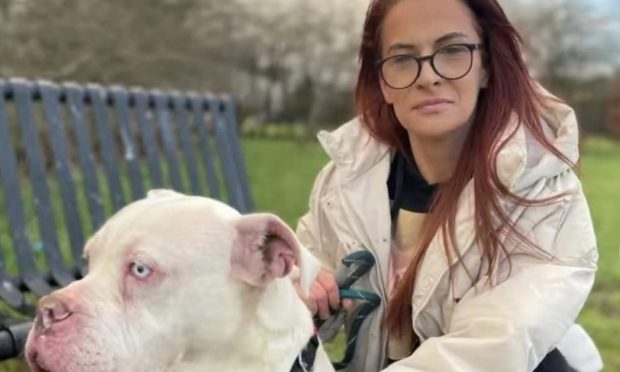
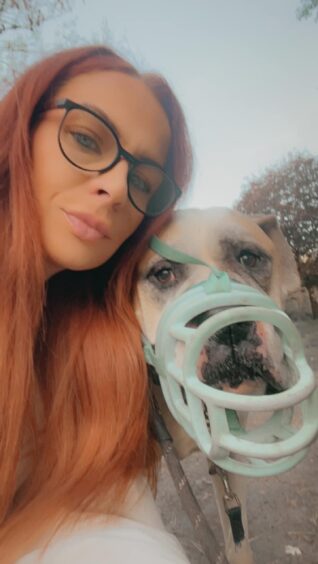
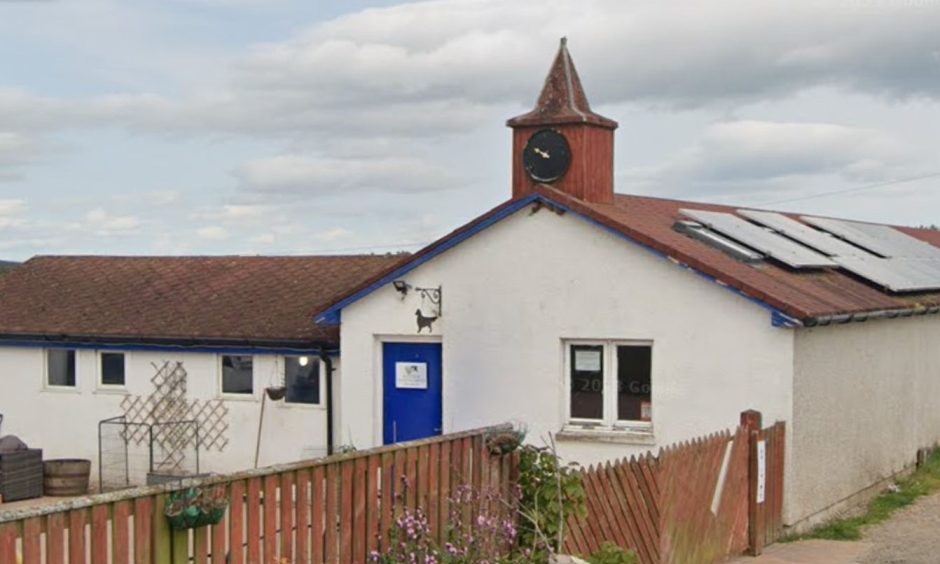


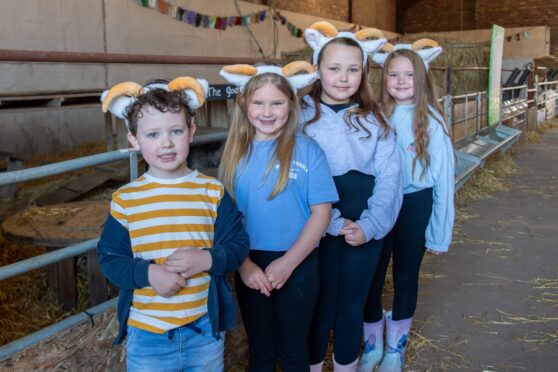

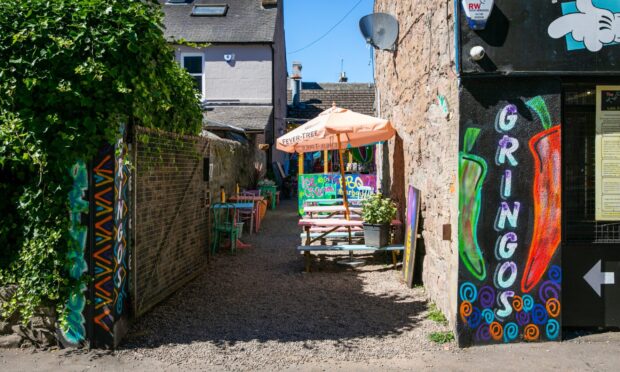


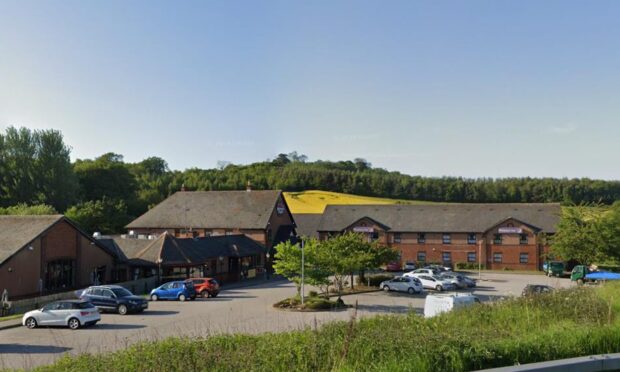
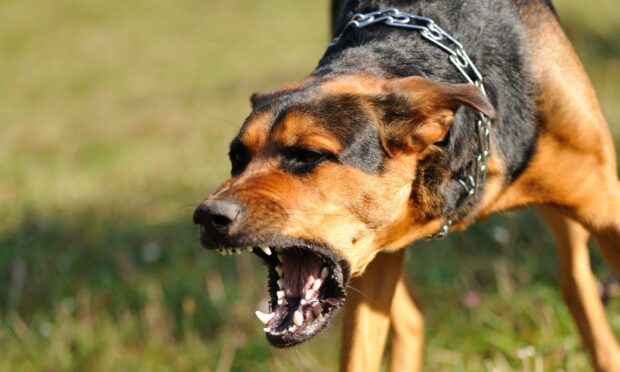

Conversation